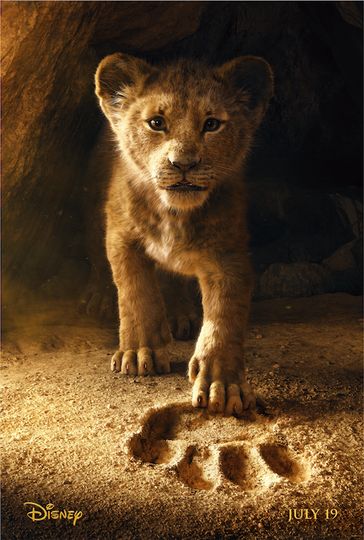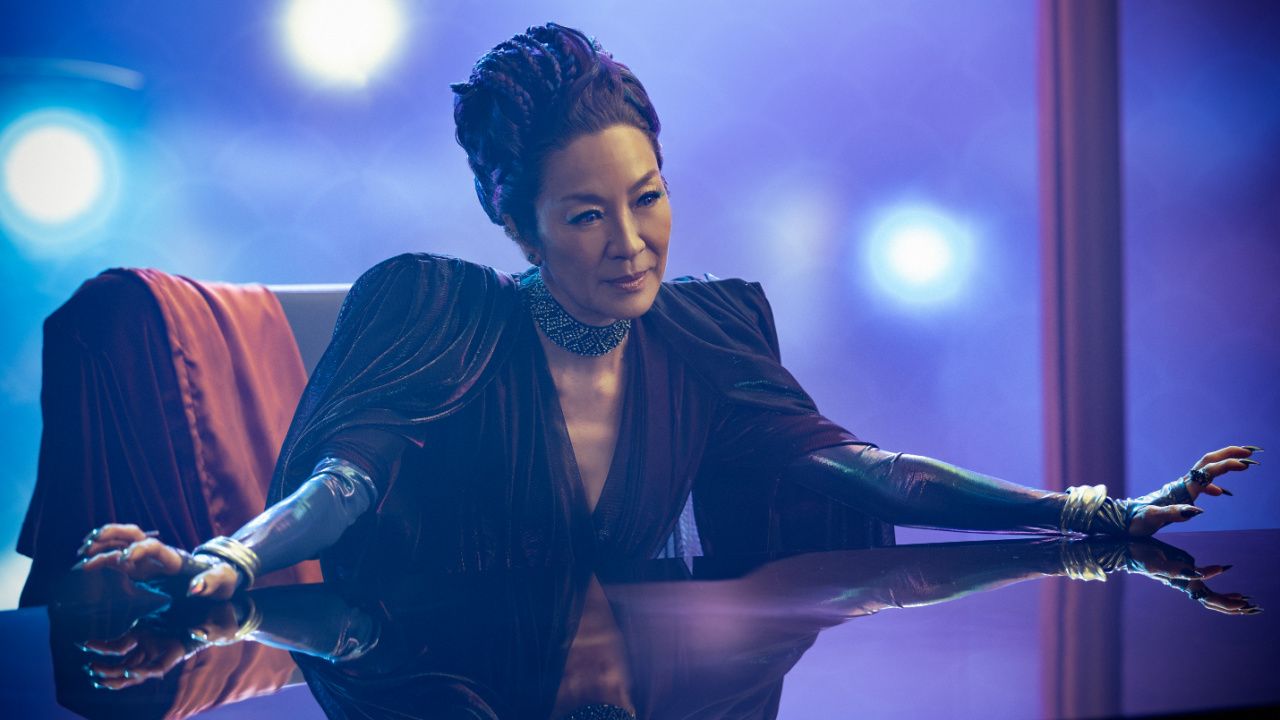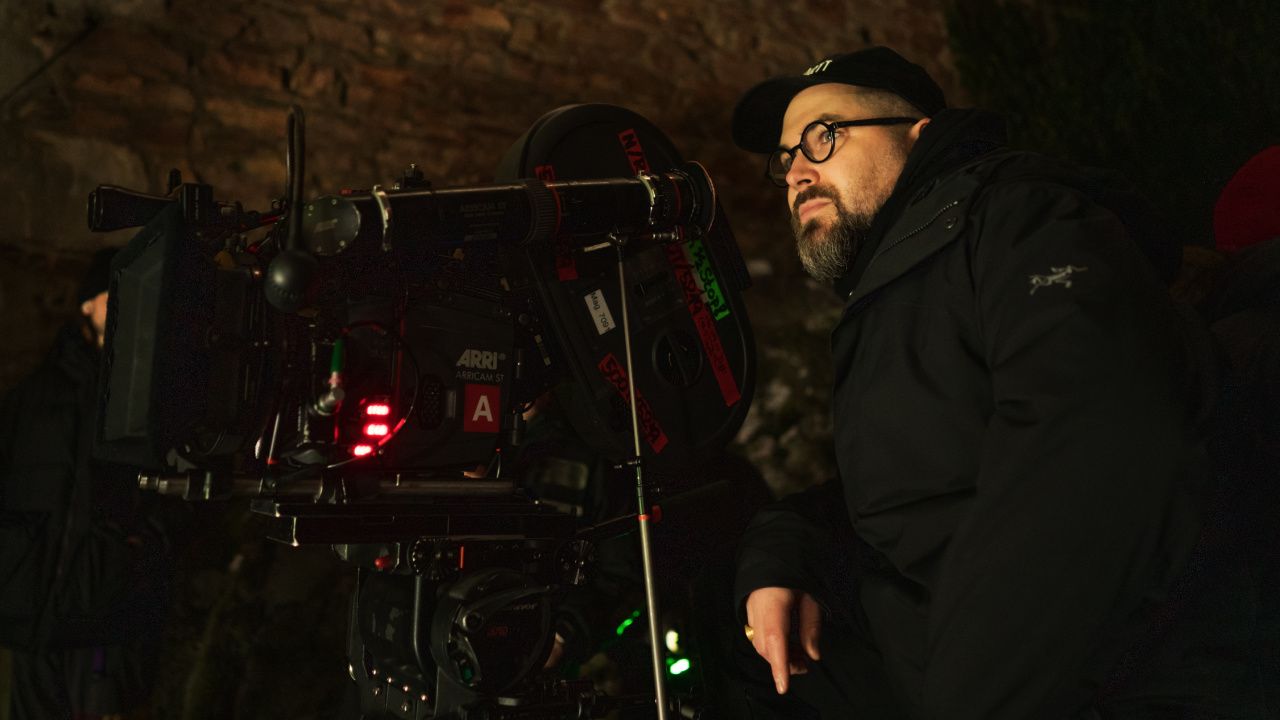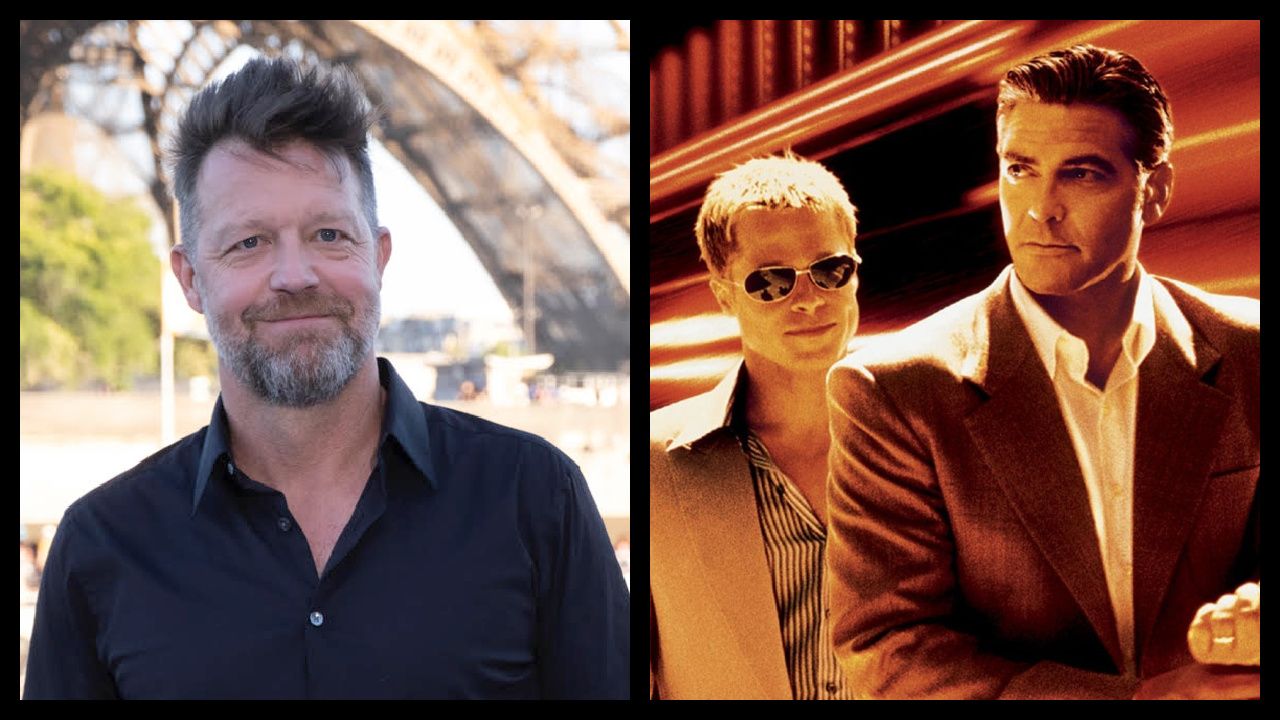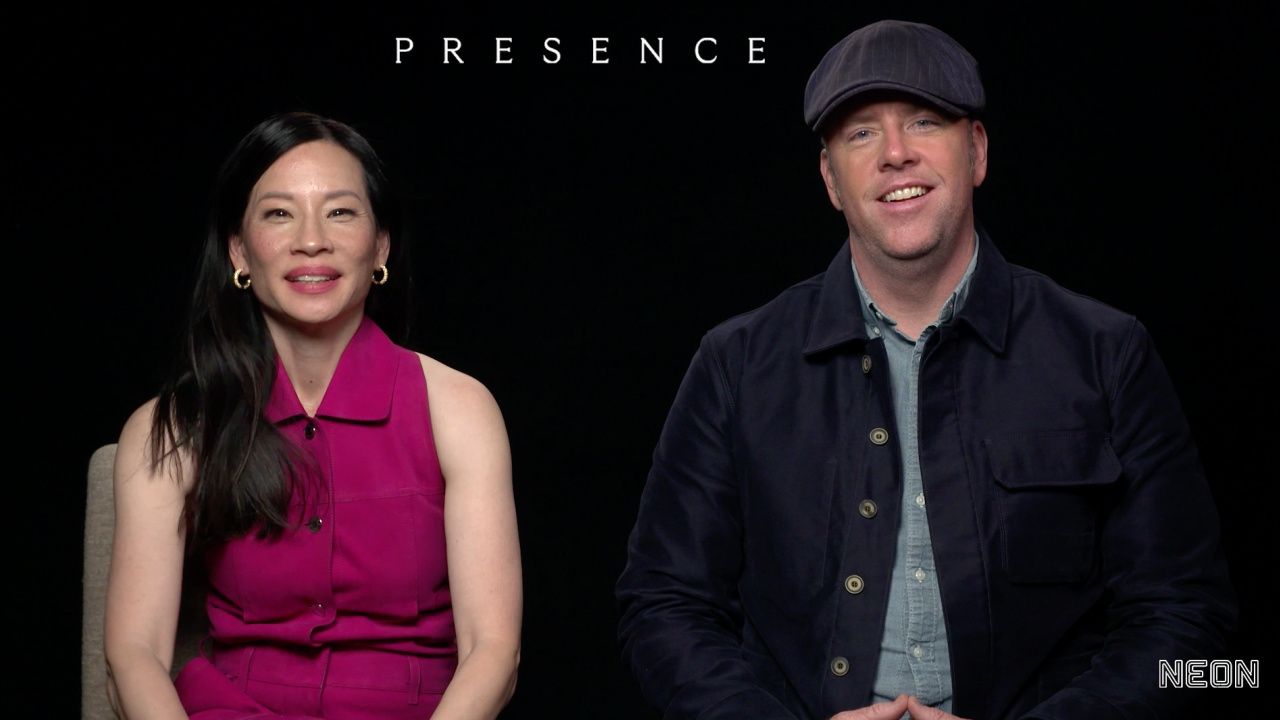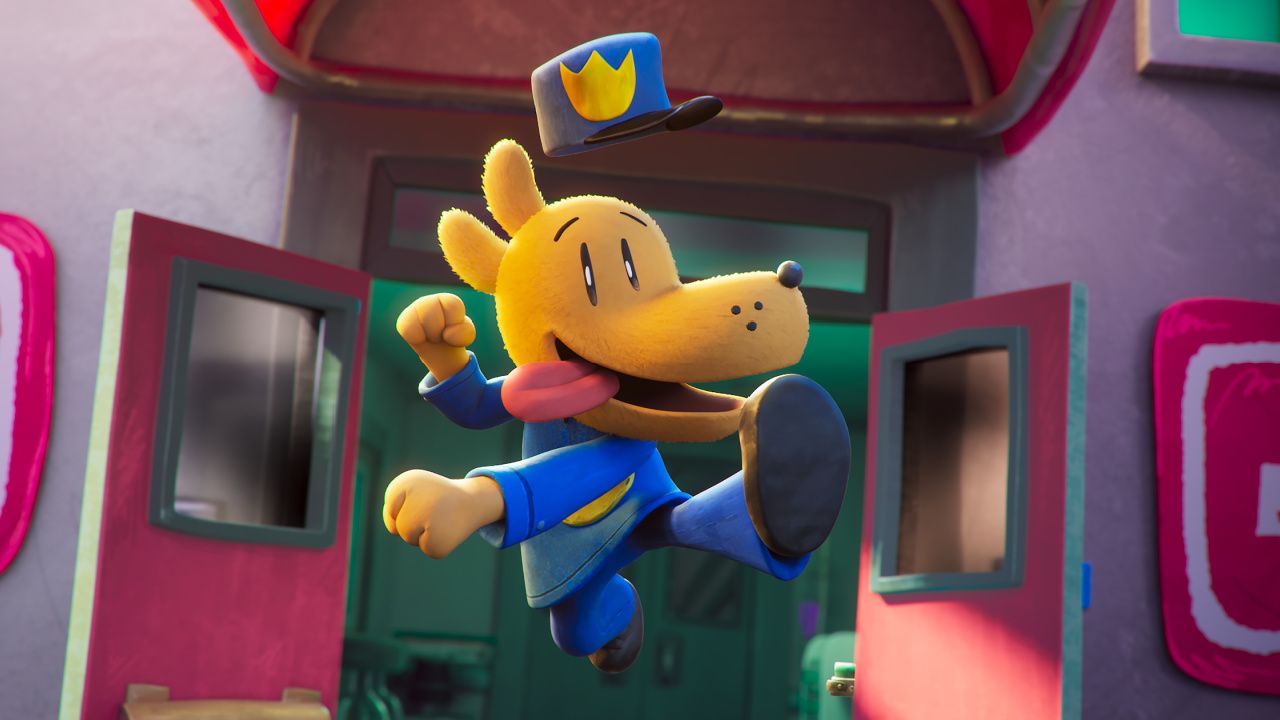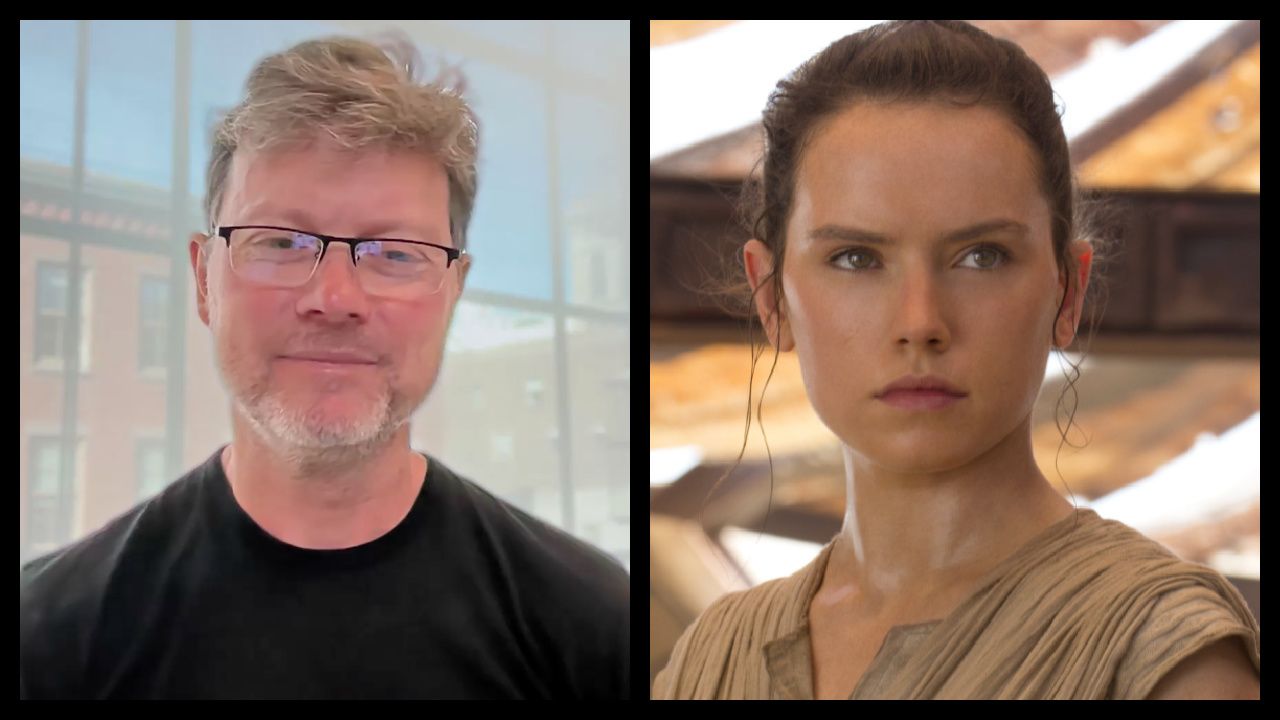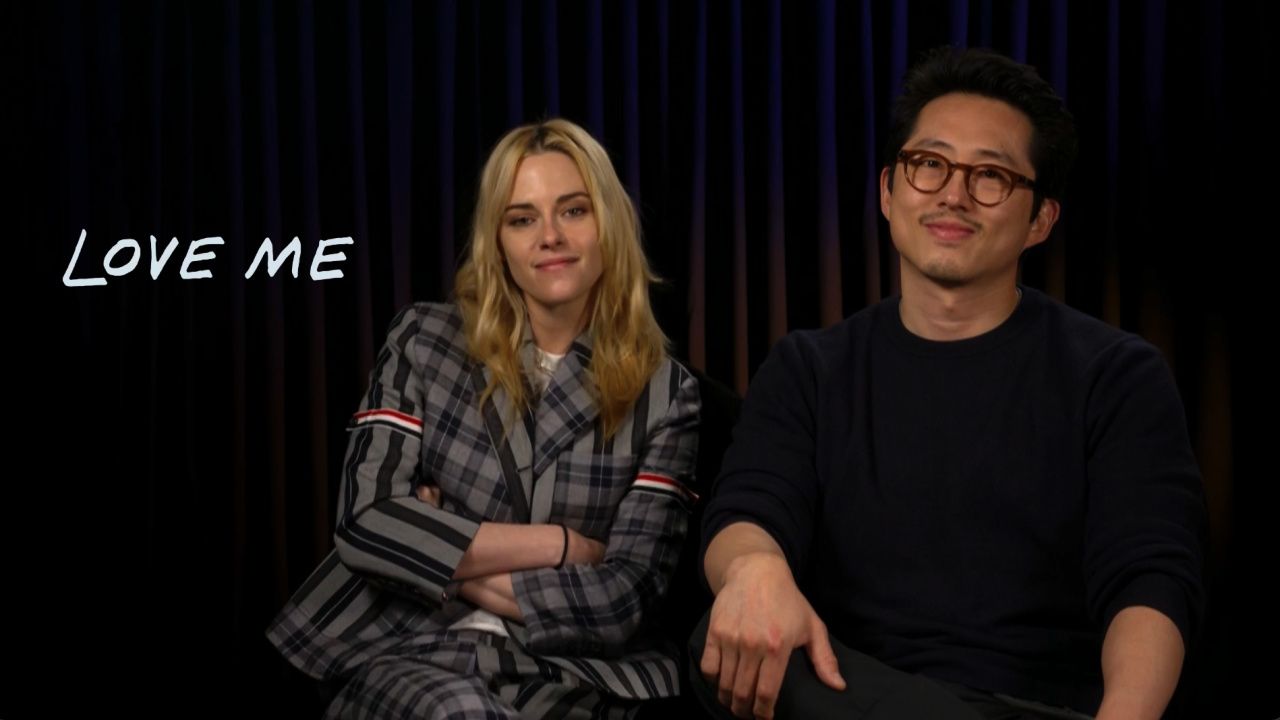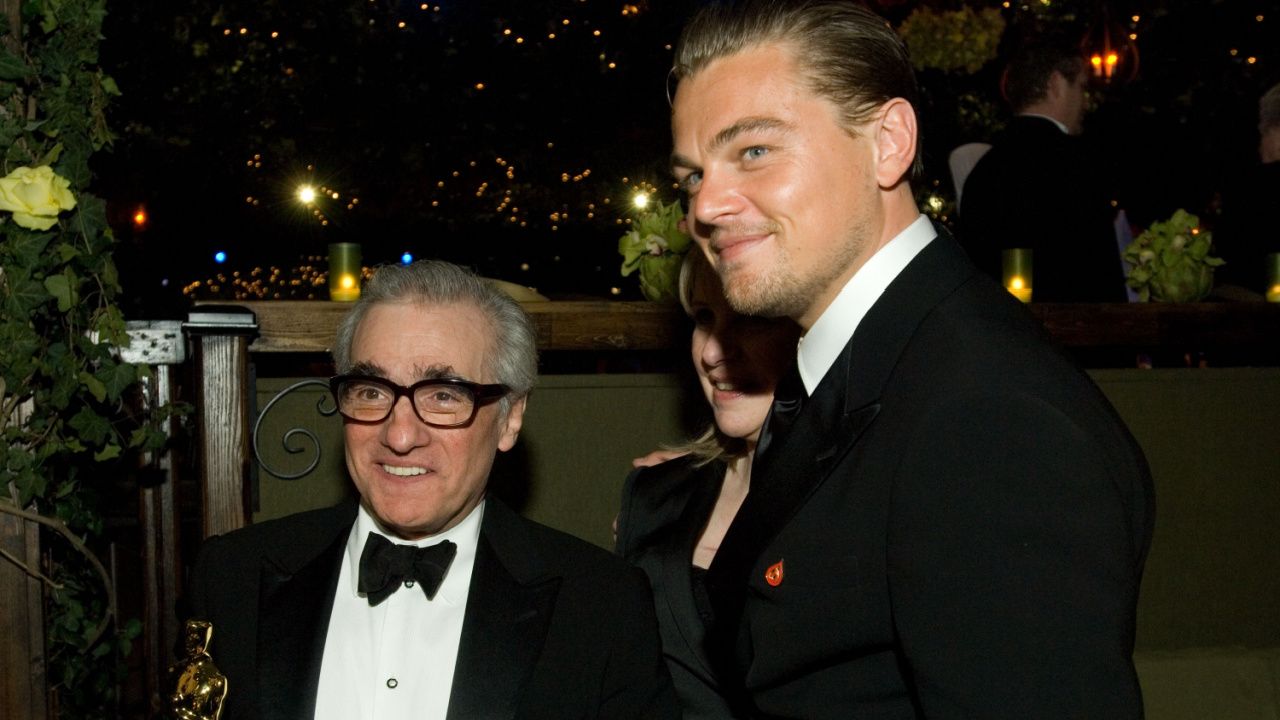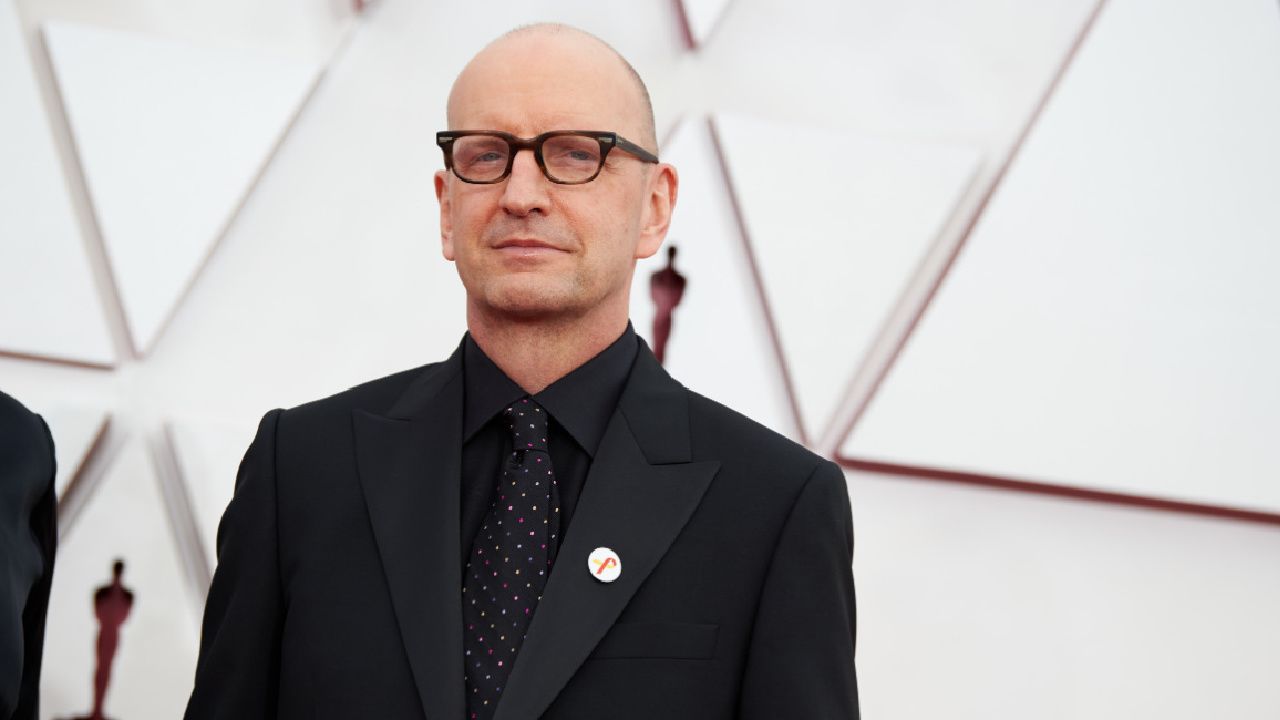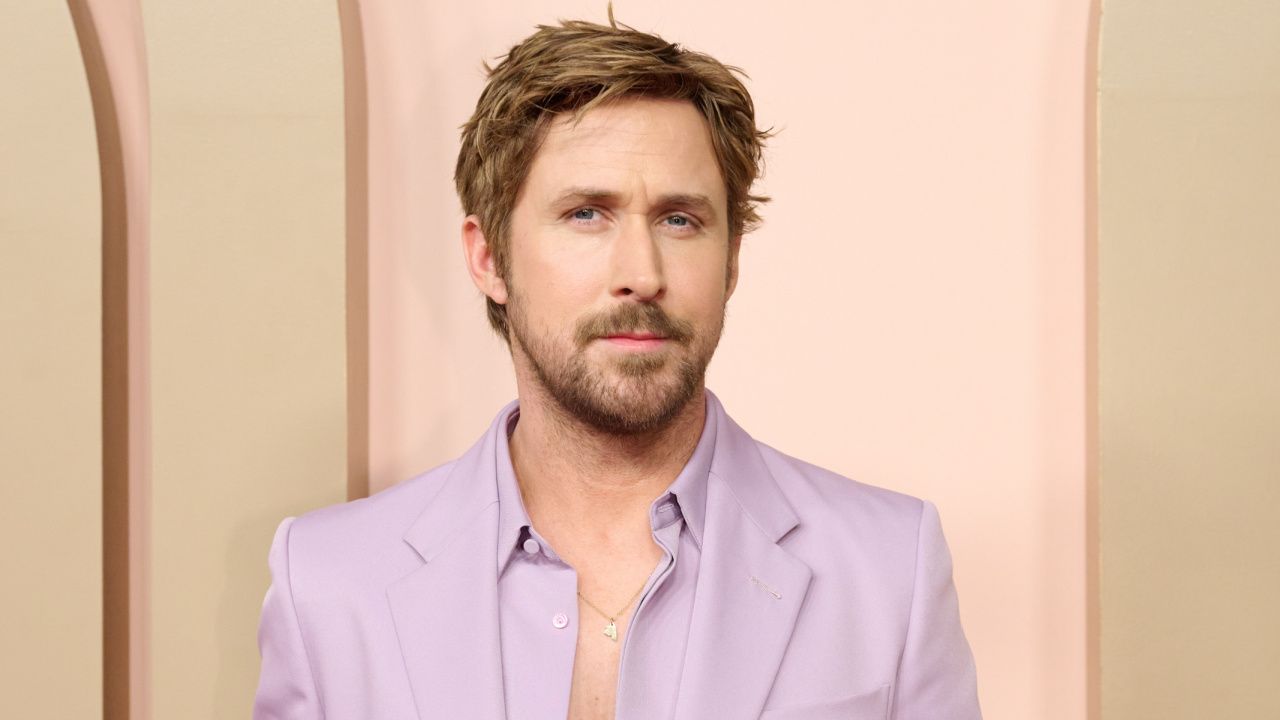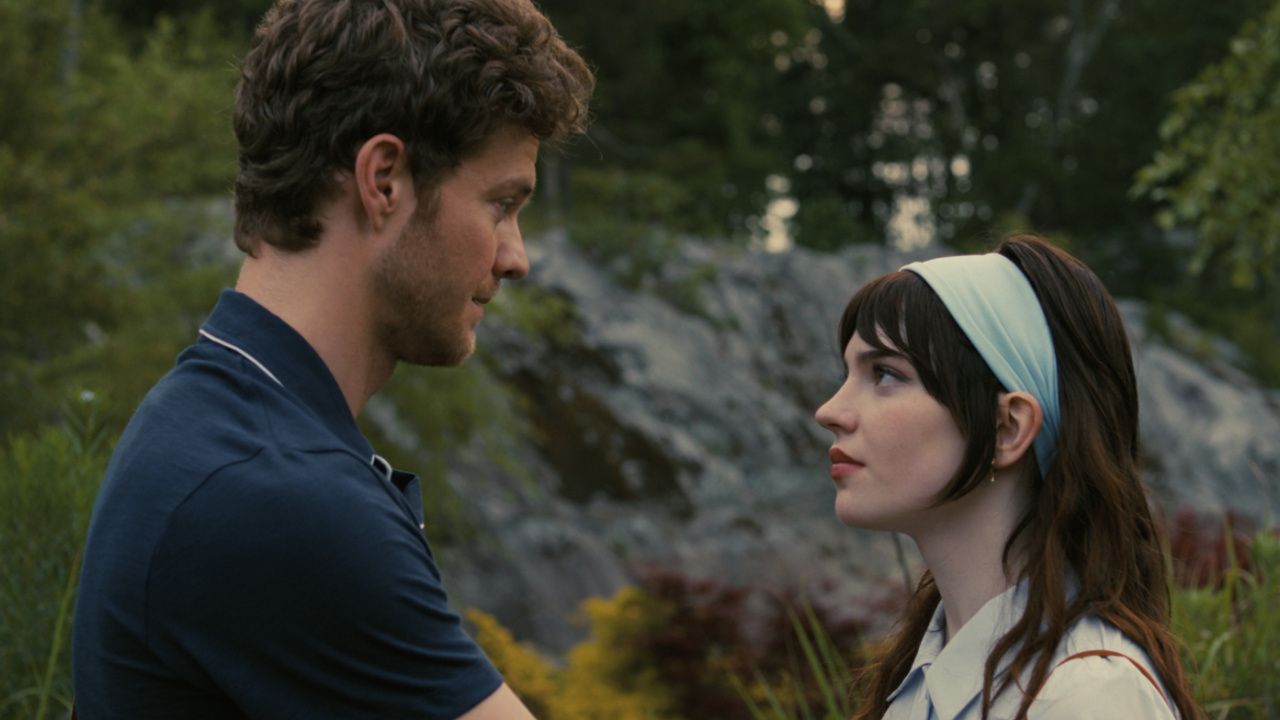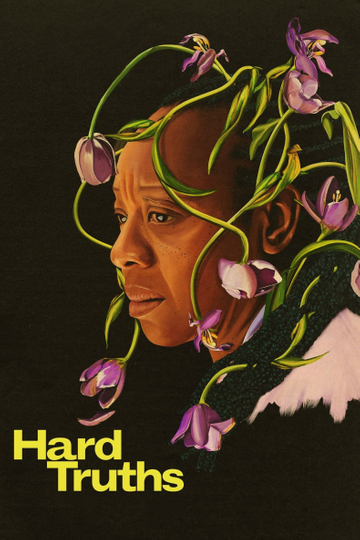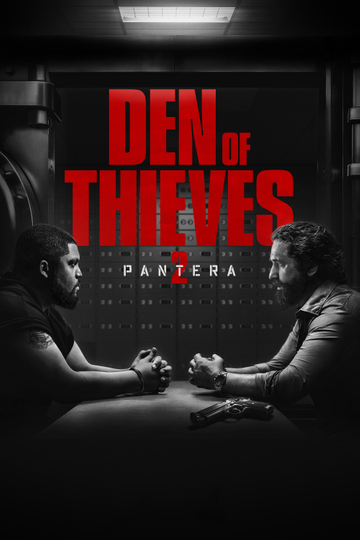‘The Lion King’ Composer Hans Zimmer on Why He Never Scored Another Animated Disney Movie
One of the more memorable aspects of the original “The Lion King” (and, keep in mind, that was a movie made up almost exclusively of memorable aspects) was the score by Hans Zimmer. Zimmer, a composer who, by that point, had already worked with Barry Levinson, Ridley Scott, Tony Scott, Ron Howard, and Penny Marshall, commanded your attention from the opening frames of the film, as his bombastic “Circle of Life” brought every audience member to the savanna with jolting force. From then on, he helped give the movie scope and weight and added considerably to the songs written (quite quickly) by Elton John and Tim Rice.
So it’s no surprise that Disney re-enlisted Zimmer for their gorgeous 3D animated version, opening this weekend. He was an essential part of the original film’s success and he’s an essential part of the success of the redo. (Zimmer even managed to recruit his buddy Pharrell Williams to help on the updated tracks.)
We were lucky enough to sit down with Zimmer in Beverly Hills recently, where we talked about the original film (which he won an Oscar for), whether or not he was interested in coming back to Pride Rock, why he never returned to work on another Disney Animation movie and what Pharrell brought to the production.
Moviefone: So let's talk about the written the original movie first because from what I understand, the songs were written pretty quickly and you gave them the scope that they ended up with.
Hans Zimmer: I don't ever really know the complete history, but I don't think I was the first call. I think a few people had to go at it at the songs. And then they got the idiot who didn't know how to write a musical. I kept saying, “I don't want to write a musical.”
I just had this idea that it should start with this African voice. It should be very atypical to a Disney movie, you know, and I sat there was Elton … you know, I'm such an Elton fan, so I could either be terrified and try to absolutely slavishly copy what he was doing or try and make it my own. And the brief was go and make these western songs into African. So I remember getting it completely wrong. They had said to me, “We want 30 seconds of ‘Circle of Life.’ Then it's a dialogue scene.” Then I started off with the Lebo M. thing and then I did the whole song and the second chorus is different than the first because I had another idea and it's endless.
Don Hahn and the directors Roger Allers and Rob Minkoff came in and I played them this thing. And as I'm playing it to them and I’m going, “Shit, they asked me for 30 seconds and then dialogue scene and here's this four-minute thing with the big drum hit at the end,” which is only there because they were coming in and I didn't have time to do anything else. It’s a total accident. And they went off and huddled in a corner and they were talking and I thought they were basically talking about how they're going to fire me. And I wandered over to them and said, “Look, if I it's supposed to be 30 seconds and then get quiet, I can do that.” They said: “No, no, no, no, no, no. We're not talking about that. We're talking about how we’re going to change the whole scene, take all that dialogue out because this works great.” I was unleashed at that moment.
But did you feel like you were really contributing to this movie?
The other things is I'm telling you the truth. The truth that never was revealed. I never saw a script, so it was just a room, roughly this size with storyboards. They were still making things up as they went. And Roger and Rob were shoving a stick at the storyboards, trying to tell me the story. They'd get stuck at a certain place where they would start arguing amongst themselves about which way the story was going to go. And I'd just be sitting there, waiting for them to finish the argument. And we never got to the end of the movie.
You never did another Disney animated movie. You did “Prince of Egypt” and many films for DreamWorks, but you never came back to Disney. Why?
Well I wasn't asked.
Did something happen?
David Katzenberg left and I thought he was interesting and I started working with him. It’s only fair. That’s what happened. Plus, it was like such a weirdly individual movie. I was the one who was saying no all the time. I didn’t want to do this movie. I okay, I'll do this movie, but I don't like musicals. And them saying, “We promise you it will never turn into a Broadway musical.” So it was all like this. Okay, I'll do it because I wanted to take my daughter, who was six-years-old. I want to show off a dad. I'd be honest about it. That's why I'm doing it.
Next thing I know, I'm confronted with the death of a father. My dad died when I was six years old, so I'm her age and I've tucked all these dark memories away. And now suddenly I need to go and open those dark places because what else? How else am I going to write? You know what I mean? So that, that actually was relatively heavy.
You don't want to do it. You do it. It's a massive hit.
Massive hit? Let me tell you a story. Give me a story. Right. Oscars. Win an Oscar. Have a fabulous night. Partied all night. 10 o'clock. I'm having a meeting with Tony Scott and Jerry Bruckheimer and Don Simpson on “Crimson Tide.” I just won an Oscar, they don't even mention it. I played them the first piece I'd written and they go, “It's completely wrong.” And it was like boom back to reality and that was good. You know what I mean? There's nothing more pretentious than somebody going, “I just won an Oscar.” It's like, I didn't even get to say that sentence to these guys. It's like, roll up your sleeve, why are you late? Let's get to work.
Well, was there any trepidation for you coming back to this? Was there or was it just sort of like, if they're doing it, you want to be a part of it?
There was a bit. But there was also a sense of ownership. Plus, I know this sounds really crazy, but there are always bits in it, which bugged me a little bit, which I thought I could have done better. Who gets a chance to redo? Nobody in the world ever complained about these things., I had this weird experience where, my musician friends kicked me out of the studio going, “There comes a point in every film composer’s life where you have to actually look the audience in the eye and stop hiding in your dark room and hiding behind a screen.” And for one reason or the other I ended up playing “Lion King” at Coachella, which I thought was totally inappropriate until I played it. And I'm going, “Whoa, look at this.” All these people are really … there's an honesty in the emotion. It's not sentimental. I'm having my shit hot band performing. I thought, well let's make that more, it's about performing.
Can you talk about Pharrell? What did bring to this?
Honesty, knowledge, and he protected me whenever I was going totally insane, which I have a tendency to do. I get overwhelmed by the task at hand. We’ve known each other for such a long time. And through ups and downs and thicks and thins, et cetera. One of the things I don't think people really realize is if you really want to produce a vocalist, you have to be a singer. So Pharrell was vital in that. I was trying to make Seth feel comfortable, but Pharrell got a performance.
“The Lion King” is everywhere starting tonight.
